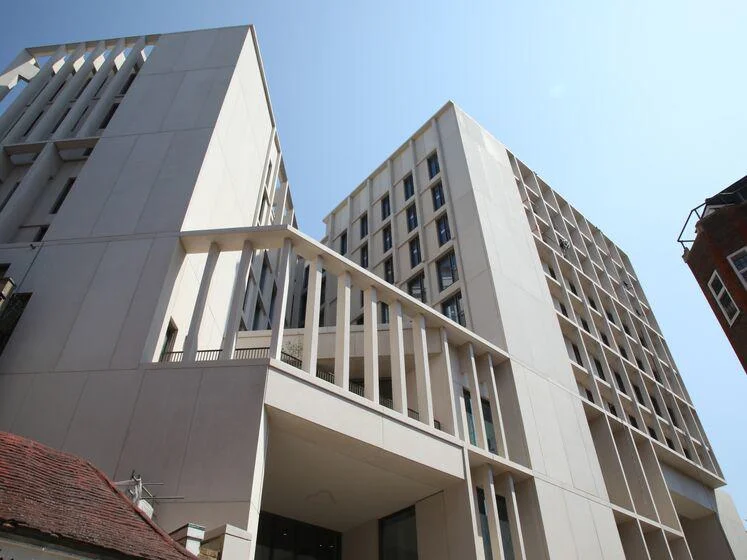LSE Marshall Institute launches £50m social impact accelerator

New initiative will develop innovative solutions to the world’s most pressing challenges.
Sir Paul Marshall has announced a £50 million donation to LSE’s Marshall Institute, to kick-start a unique accelerator for social impact ventures. The accelerator is part of his long-term ambition to create a philanthropic cooperative that brings together capital, expertise and passion for change in one place.
The Marshall Impact Accelerator will provide a brand-new platform for the world’s most promising social ventures, scaling them to help tackle global challenges in areas such as health, the environment, social inequality, public policy and developmental economics.
Bringing together LSE’s world-leading research expertise and the Marshall Institute’s existing government and policy networks, the accelerator will provide key grant-making services and resources for the social sector that have long only been available to commercial firms and for-profit investors.
Launching in Spring 2022, Marshall Impact Accelerator marks the Marshall Institute’s next step in improving the impact and effectiveness of private action for public good.
Sir Paul Marshall, investor and philanthropist, commented on the creation of the Marshall Impact Accelerator: "We live in a constantly evolving world, and if we want to overcome the challenges we face, we need to embrace brand new ways of thinking, now more than ever. This donation to create the Marshall Impact Accelerator will support visionaries from every continent, as they create groundbreaking new innovations and change the world. I can’t wait to see what they come up with."
Welcoming the announcement LSE Director, Baroness Minouche Shafik, said: "The Marshall Impact Accelerator will provide a truly world-class environment for stimulating the creative and entrepreneurial talents of our students in the service of solving some of the world’s most intractable public and social problems. We could not be more delighted to bring the Marshall Impact Accelerator to LSE, and we could not be more grateful for the visionary generosity of Sir Paul Marshall in inspiring it."
Stephan Chambers, Director of the Marshall Institute, added: "As the world begins to turn away from a focus on ‘making things people want’ towards ‘making things people need’, the scaling up of social impact projects through the Marshall Impact Accelerator will accelerate this trend. Our aim is to create ‘impact unicorns’ — organisations improving billions of lives."
For more information on the Marshall Impact Accelerator visit The Marshall Impact Accelerator.
This sizable donation, and the announcement of the Marshall Impact Accelerator, comes as LSE launches its new Shaping the World Campaign.
For more information about the Shaping the World Campaign, and how you can support the School's research, teaching and public engagement please visit shapingtheworld.lse.ac.uk